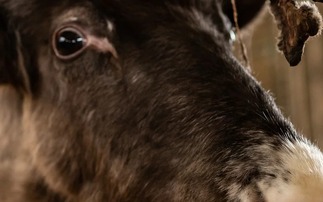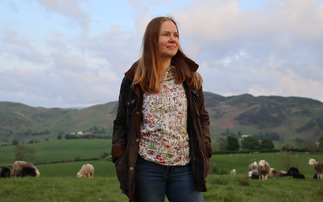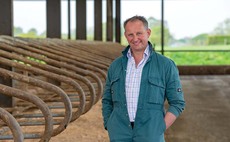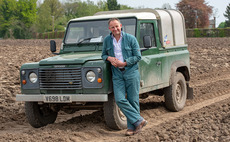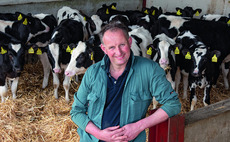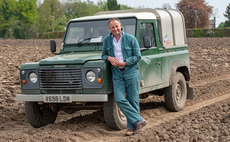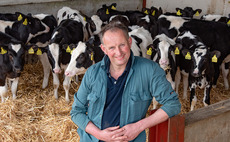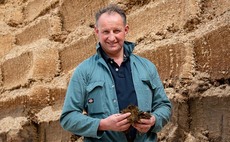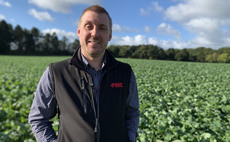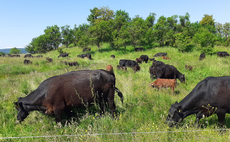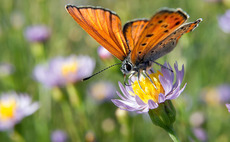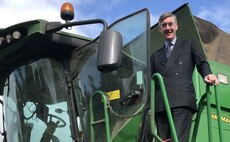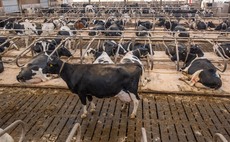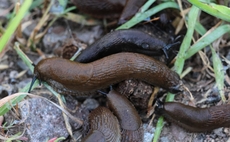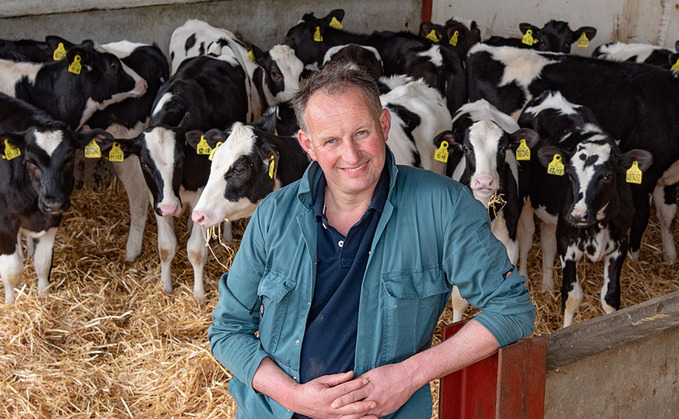
All eyes have turned to the weather. A deluge of late January rain has left lagoons full, not quite bursting, so forecasts of drier weather should allow lagoon emptying across the region.
Field walking at this time of year amazes me as 10 days ago walking was barely possible due to the heavy rains. Yet this weekend, as the winds pick up and pressure builds on the near continent, ground conditions are improving.
The subject of management of emissions is never far away and I watch as the industries allied to us farmers work harder than ever to bring solutions to this problem.
As the saying goes, ‘necessity is the mother of invention' to drive innovation. We are looking at various options on farm and have refrained from big capital spends until Government guidance is clarified, in particular any
potential grant aid.
Fertiliser deliveries are arriving in earnest, mainly nitrogen-based as our policy is to buy as little phosphate and potash as possible to balance what we produce here on farm. Reports of firming prices seem to be the norm.
We have an apprentice with us this year who is focusing on calf rearing.
Calves are getting MOT'd once a week through temperature checking regardless of appetite and trialling of kaolin supplementation into their second week while on milk. Some of the results have been quite encouraging.
Dry cow feeding has recently been reviewed as traditionally we have fed grass bales made during the second half of the summer from tidying up grazing paddocks.
However, this year due to shed management we decided to try to use milking cow silage, albeit old-grown second cut, as a base.
Even with professional advice to balance this feed, avoiding calving issues has been more of a challenge than we had been used to. Reintroduction of bales balanced with maize, chopped straw and minerals should hopefully put us back on course.
Spring time is TB testing time for us. This year we hear of a consultation on the phasing out of badger culling.
As cattle slaughtering due to TB in edge areas like Cheshire had fallen by 27 per cent as a result of the cull and increased testing, I hope the science behind these figures guides policy to maintain or better still improve upon this.
It concerns me that media reports are suggesting certain elements within the household of government are driving policy on emotion rather than scientific data.
Personally, I am happy for culls to stop provided cattle vaccinations not only work but allow us to trade freely with our neighbours.
As a dairy farmer, the news that Cadbury's is looking to relocate some of its work back to the Midlands from Germany is excellent news. I understand chocolate requires approximately 20 per cent milk, so whether this be dried milk or liquid I would hope this development creates more buyers in the UK milk market.
Of course, with the cold weather upon us, I will be doing my bit to boost chocolate sales.












